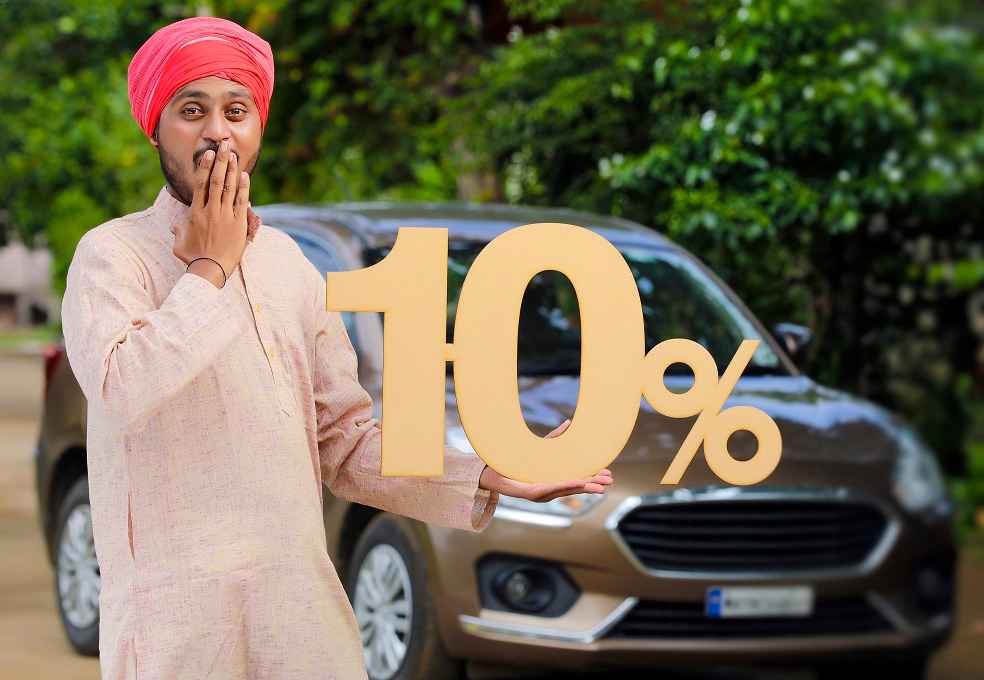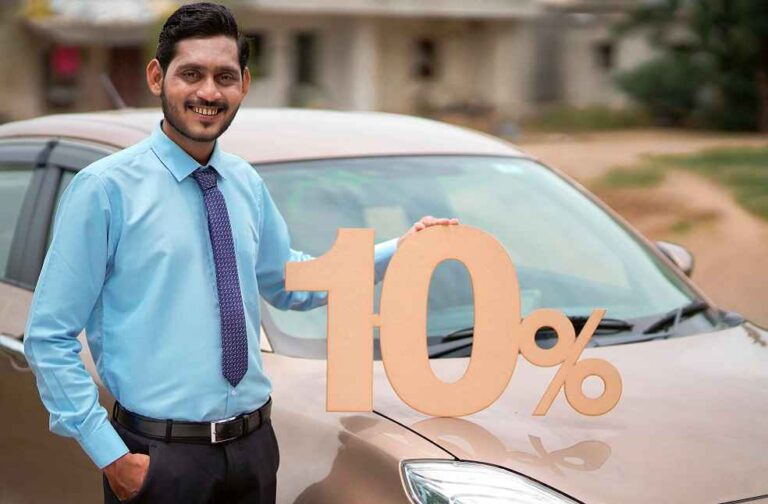Vehicle prices hike in India as major automakers announce price adjustments starting January 1, 2025. Leading brands like Tata Motors, Maruti Suzuki, Hyundai, Mahindra, Toyota, and Kia have confirmed increases ranging between 2% to 5%, with some premium models facing even steeper hikes. This move is attributed to rising production costs driven by higher raw material prices, global inflation, and supply chain challenges.
Tata Motors, a key player in the electric vehicle market, has confirmed that the revised prices will take effect from the beginning of the year. Over 10 automakers, including Mahindra and Kia, have also announced similar price revisions, reflecting the growing challenges within the automotive industry.
What’s Driving the Price Hike?
The cost escalation stems from multiple factors:
- Rising Raw Material Costs: Key materials like steel, aluminium, and plastics have become more expensive.
- Global Supply Chain Challenges: Disruptions have added to the production burden.
- Inflation and Energy Costs: These have significantly increased operational expenses.
Manufacturers emphasise that the adjustments are necessary to sustain quality and innovation while offsetting the steep rise in manufacturing costs.
Impact on Buyers and the Market
The increase comes at a crucial time as India’s automotive sector recovers from the pandemic-induced slump. While the demand for vehicles remains robust, this move could dampen enthusiasm, particularly among budget-conscious buyers.

Industry insiders predict a 10% overall market increase in passenger car prices by the end of 2025 compared to 2024, influenced by several factors:
- Sales tax hikes anticipated in March.
- Import duty increases expected by mid-year.
- Insurance premium rises by year-end.
Key Details on Price Adjustments
- Luxury Brands: Mercedes-Benz, Audi, and BMW are set to raise prices by 2% to 5% across their entire range.
- Mid-Range Manufacturers: Mahindra will hike prices by 3%, Maruti Suzuki by 4%, and Hyundai by 3%.
- Toyota and Kia: Toyota’s Hycross could see a rise of up to USD 450, while Kia’s vehicles will go up by 2%.
Should Buyers Hurry?
Automakers remain optimistic about sustaining sales momentum, citing new launches and a growing interest in electric vehicles. However, prospective buyers should act before January to take advantage of potential year-end discounts and avoid the upcoming price surge.
This New Year, purchasing a vehicle might come with a heftier price tag, making timing and planning more critical than ever.
TRENDING | BYD Nears 2024 Sales Milestone, Challenges Global Auto Giants





